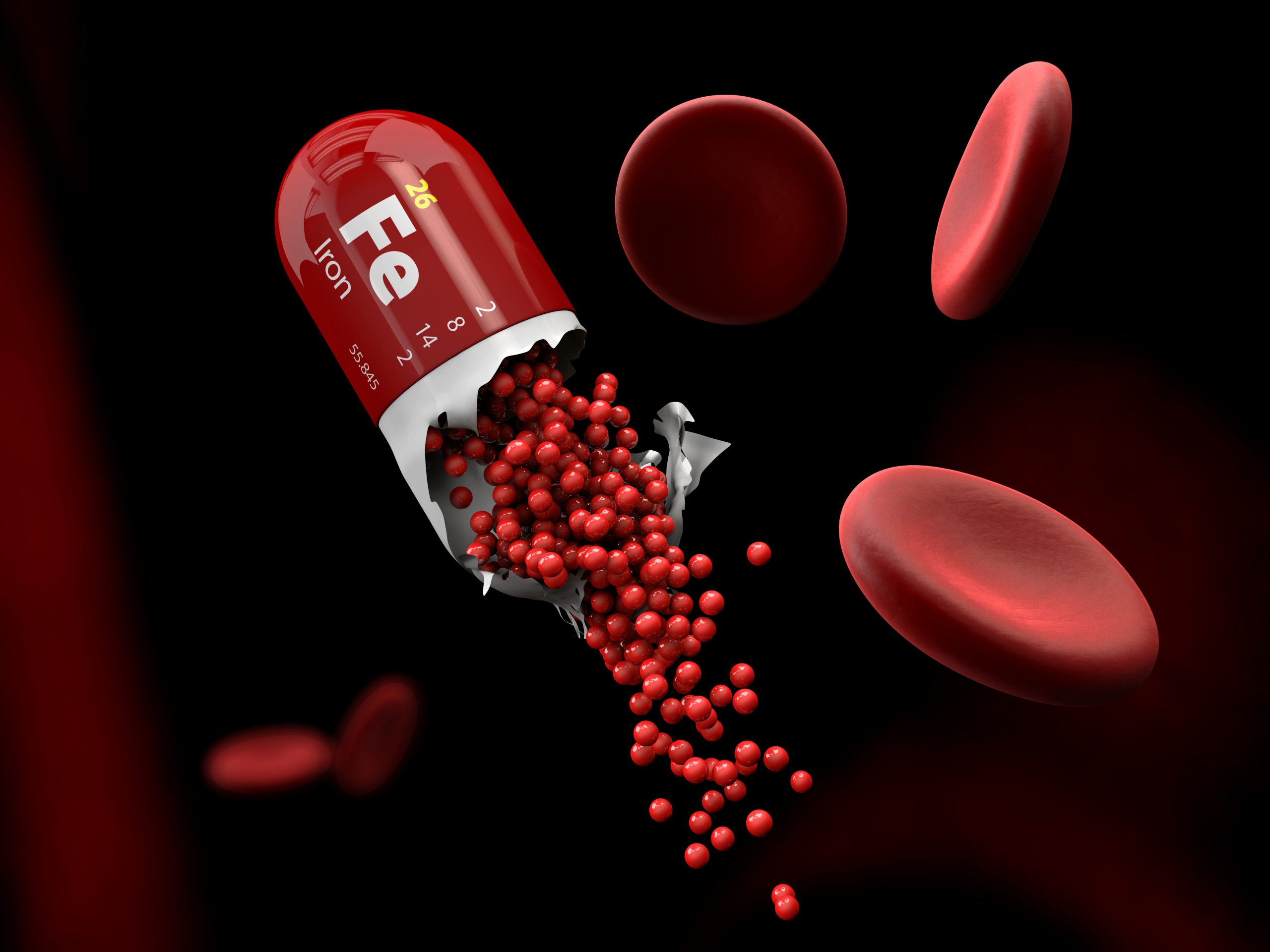New research highlights the importance of adequate iron in supporting early childhood development in Aboriginal and Torres Strait Islander children.
Early childhood anaemia (during 6 to 23 months of age) was found to more than double the risk of development vulnerability among these children in their first year of full-time school.
While the cause of early childhood anaemia is unknown, iron deficiency is suggested as the most likely reason.
Accredited Practising Dietitian, Dympna Leonard and her research team, used the Australian Early Development Census and health records to compare development indicators in 250 Aboriginal and Torres Strait Islander children living in Far North Queensland.
“This is the first study of its kind in Australia,” explains Ms Leonard.
“As more than 60% of Aboriginal and Torres Strait Islander children were found to experience anaemia between the ages of 6 to 23 months, this adds further emphasis to the need to prioritise childhood nutrition and anaemia prevention.”
Recommendations
Good nutrition throughout the first 1000 days of life is important to support growth and set a strong foundation for childhood development.
When prevalence of early childhood anaemia exceeds 20%, the World Health Organisation (WHO) recommends specific anaemia prevention programs that combine nutrition promotion with food-fortification.
“Supporting mothers with breastfeeding and encouraging nutrient rich diets for both the child and mother is important to assist early development.
“Many traditional foods are nutrient rich, and these are encouraged to be included within the diet, if available,” says Ms Leonard.









